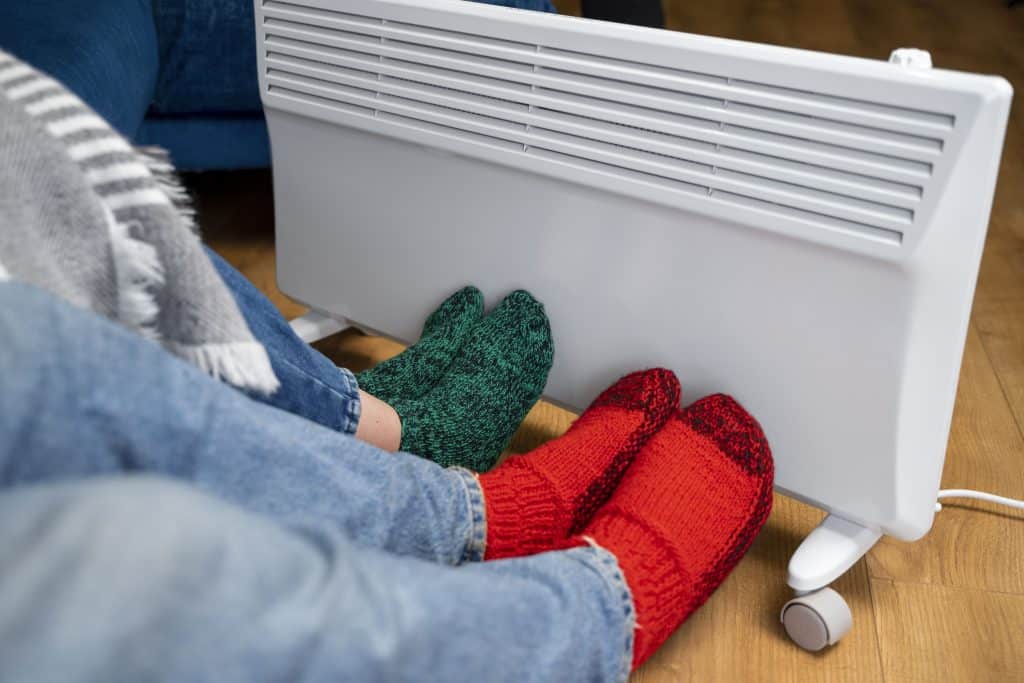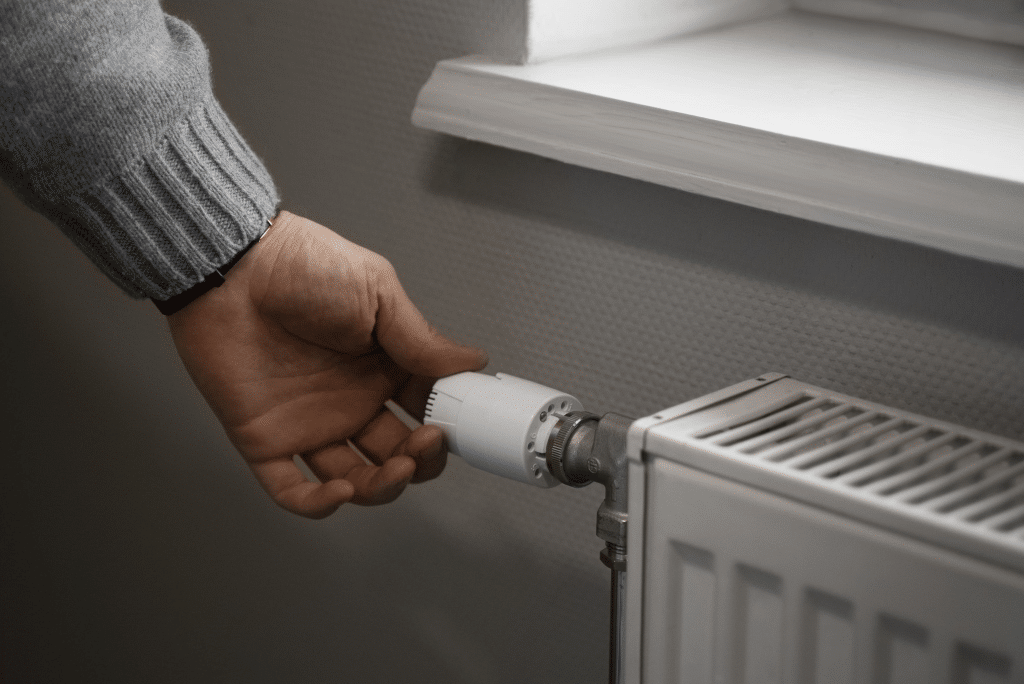
Heating is essential to comfortable living in Germany, especially during the cold winter months. Whether renting an apartment or owning a house, ensuring that your heating system is in place and functioning efficiently is crucial. In this comprehensive guide, we’ll walk you through the steps to get your heating connection in Germany, covering both central heating systems and individual room heaters.
Types of Heating Systems in Germany
Before delving into the process of getting a heating connection, it’s essential to understand the different types of heating systems commonly used in Germany:
Central Heating
This is the most prevalent heating system in Germany. It involves a central heating unit, often fueled by gas or oil, which distributes heat throughout the building via radiators or underfloor heating.
District Heating
In some urban areas, district heating systems are prevalent. They use a central heating plant to supply hot water or steam to multiple buildings via a network of pipes. Residents then have individual heat exchangers in their homes to extract the heat.
Electric Heating
Electric heating is less common due to its higher energy costs. However, some older buildings or smaller apartments may have individual electric heaters in each room.
Renewable Energy Systems
With Germany’s strong emphasis on sustainability, renewable energy sources like solar panels and heat pumps are becoming more popular, especially in new construction.
Now that you understand the types of heating systems in Germany let’s explore how to get your heating connection.
Steps to Get Your Heating Connection in Germany

Understand Your Responsibilities
Determine if you are responsible for arranging your heating connection or if it’s included in your rental agreement or housing association fees.
As a homeowner, you must organise and maintain your heating system.
Research Providers
Identify heating providers in your area. You can use online resources, consult neighbours, or contact local utility companies for recommendations.
Legal Requirements
Check local regulations and building codes to ensure compliance with your area’s specific heating system requirements.
Choose a Heating System
Depending on your property and preferences, select the appropriate heating system, whether it’s gas, oil, district heating, or a renewable energy solution.
Contact the Provider
Contact your chosen heating provider and inquire about their services, pricing, and installation process.
Obtain quotes from multiple providers to compare costs and services.
Installation and Connection
Once you’ve selected a provider, schedule the installation of your heating system. Ensure that it meets safety and efficiency standards.
Obtain all necessary permits and approvals from local authorities.
Maintenance and Servicing
Regularly maintain your heating system to ensure it operates efficiently and safely.
Consider signing a maintenance contract with your provider for periodic check-ups and repairs.
Payment and Billing for heating in Germany

Set up a payment plan with your heating provider. You can choose from various billing methods, including monthly, quarterly, or annual payments.
Energy Efficiency
Invest in energy-efficient heating equipment and insulation to reduce energy consumption and lower your heating bills.
Emergency Contacts
Keep a list of emergency contacts for your heating provider and local authorities in case of heating system failures or safety concerns.
Also Read: How to get your water supply in Germany
Things to Keep in Mind when setting your heating connection in Germany

- Check Your Rental Agreement or Property Documents
If you’re renting a property, start by reviewing your rental agreement to determine whether heating costs are included or billed separately. It’s essential to understand your financial responsibility for heating expenses.
For property owners, consult the property documents or hire a professional to assess the existing heating system’s condition.
- Contact the Local Utility Company
If your heating costs are not included in your rent, and you must set up a heating connection, contact your local utility company. They will be responsible for providing the necessary services, including connection setup, meter installation, and tariff selection.
- Inspect and Maintain Your Heating System
Once your heating connection is set up, it’s crucial to maintain it properly to ensure efficient operation and lower energy bills. Keep an eye on your heat meter to track your energy consumption. This can help you identify any unusual spikes in usage that may indicate a problem.
- Understand Heating Regulations and Subsidies
Germany has strict regulations regarding heating efficiency and emissions. Familiarise yourself with these regulations to ensure your heating system complies. Additionally, explore any available government subsidies or incentives for upgrading to more energy-efficient heating systems, as they can help offset costs in the long run.
Conclusion
Getting your heating connection in Germany involves understanding the type of system you have or need, clarifying your rental agreement or property documents, contacting the local utility company, and maintaining your heating system efficiently. By following these steps, you can ensure a comfortable and cost-effective heating experience in your German residence.




